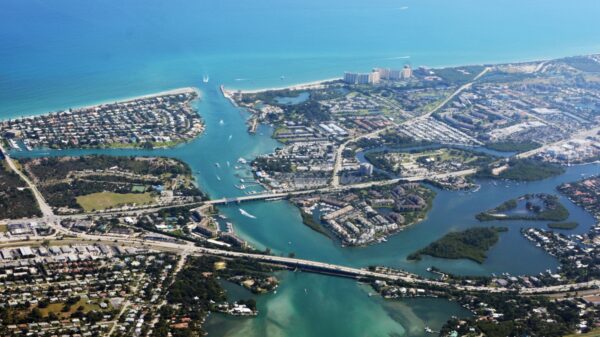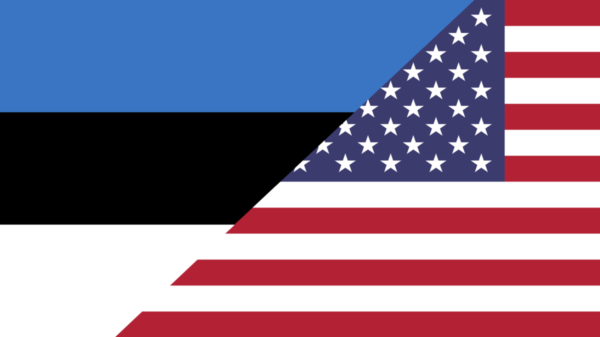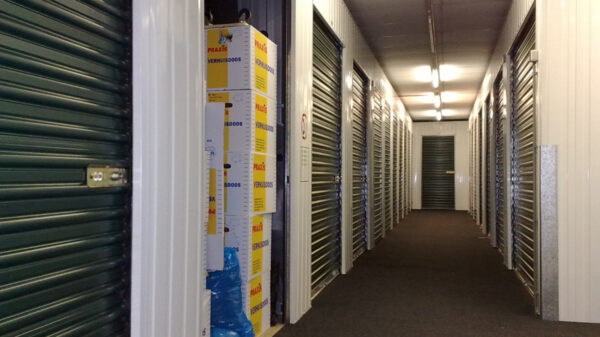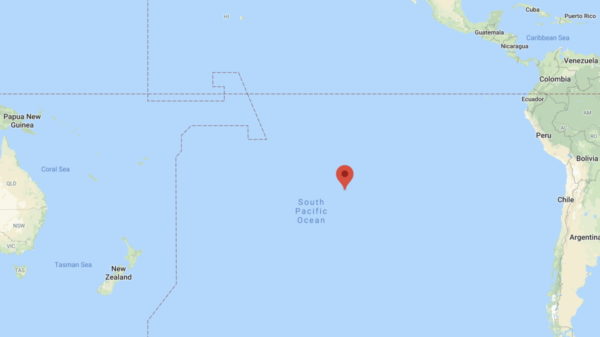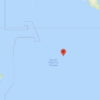It has become inevitable, for a variety of reasons, that we will eventually become a cashless society. While this will undoubtedly open new opportunities, it will also make us even more reliant on the banks and financial services companies than we currently are. Having a solid strategy in place and using the best options available is absolutely crucial not only to minimize fees and friction but also to safeguard access to our wealth. I have written a guide detailing how to build such a strategy and in this article I take things a step further by listing the best banking options for Canadians.
The best options in Canada
If you are Canadian, it is a fair bet to assume that you already have an account with one of the big five (TD, RBC, BMO, Scotiabank and CIBC). Together, they dominate the banking sector and hold more deposits than all the other banks combined. Their products are fairly poor, however, with higher fees and fewer features than many of their international counterparts. Only two of their products, in my opinion, stand out and they are:
1. Scotiabank Passport Visa Infinite Card
This is by far the best credit card from the big five. You get 2% back on groceries, dining, entertainment, transit and 1% on all other purchases. More importantly, there is no forex fee, a must-have feature for frequent travellers. As an added bonus, you get 6 lounge visits annually at no extra cost through Priority Pass. There is an annual fee but it is a fairly reasonable 139 CAD (I would obviously prefer no annual fee but if used wisely, the lounge visits alone can more than offset the 139 CAD).
2. Tangerine checking account
Tangerine, the low cost arm of Scotiabank, has a chequing account that is as fee-free as you will get from the big five (better than Simplii). Their debit card is also one of the few that has no foreign ATM fees, as long as you use Global ATM alliance ATMs.
Thankfully, the big five are not the only banks and financial services companies competing for a place in our wallets. There are plenty of credit unions and smaller banks, a number of international players and we even have our own challenger banks. My favourite products from the above are:
1. KOHO
KOHO is quickly establishing itself as the best alternative to the big five. Their fee-free account can be opened online in minutes and is managed via a slick mobile app. It comes with a debit Visa card that pays a 0.5% cashback on all transactions and can be used online. Other features include virtual cards, advanced analytics, instant peer-to-peer transfers and more. For a little under a hundred dollars a year, you can upgrade to premium and get 2% cashback, no forex fee, and a number of other perks. I have written a comprehensive review, you can read it here.
2. Wealthsimple Cash
Similar to KOHO, this account comes with a debit Visa card that has no forex and atm fees. The features are too limited to make Wealthsimple Cash useful as a primary account, however, and it makes more sense to use it as a backup for one of the other options listed on this page.
3. Wise
Wise is best known for their money transfer service but they also have an excellent multi-currencies account, that comes with a debit Visa card similar to that of KOHO and Wealthsimple Cash. I have written a comprehensive review, you can read it here.
4. American Express
American Express has two cards in Canada that are worth getting, the Cobalt and the Gold Rewards. With the Cobalt, you get 5% back on groceries, dining, cafes, bars, 2% back on travel and gas and 1% on all other purchases. You also get Hotel Collection benefits and very generous insurance coverage (medical, flight delay, baggage, hotel burglary etc). With the Gold Rewards, you get 2% back on travel, gas, groceries, drug stores and 1% on all other purchases. Other than the rewards, the main difference between the two is that the Cobalt is a credit card while the Gold Rewards is a charge card. You can carry a balance on a credit card but not on a charge card (you must pay in full every month). The annual fee for the Cobalt is 120 CAD (10 CAD / month) and it is 150 CAD for the Gold Rewards. I have written a comprehensive review, you can read it here.
5. Rogers World Elite MasterCard
If you use a Rogers product (including Fido and Chatr), this card is a great option as it pays a 3% cashback on purchases in USD, more than enough to offset the 2.5% forex fee. It also includes insurance benefits and as an added bonus, there is no annual fee. Do note that only USD transactions are eligible for the 3% cash back, if most of your transactions are in other currencies I recommend skipping this option.
6. HomeTrust Preferred Visa
This card is perfect for those who want a no-frills, no forex fee card that also has no annual fee. It pays a 1% cashback on all purchases and includes a roadside assistance membership.
7. HSBC World Elite MasterCard
This card is fairly similar to the Scotiabank Passport Visa Infinite card mentioned above with the main difference being that you earn points instead of a cashback. I have written a comprehensive review, you can read it here.
The best international options
While the above section has clearly established that there are good options in Canada, I believe that it makes a lot of sense to also look at the best international options and that is especially true in the context of location independence. Maybe you get paid in USD and would benefit from having a US bank account. Maybe you spend most of your time in Europe and would benefit from banking there. Maybe you are looking to safeguard your wealth and would benefit from banking in Hong Kong or Singapore. Regardless of your circumstances, you can benefit from having accounts overseas even if only from a safety standpoint (do not keep all your eggs in the same basket). The best international options for Canadians are:
1. TD Bank
TD Bank, unlike the US subsidiaries of the other Canadian banks, is a major US bank catering mainly to the US market. This is reflected in a product offering that is not only competitive in a US context but also superior to what they offer in Canada. Their checking account is free to open (and can be opened remotely from Canada) and the monthly fee can be waived by maintaining a 100 USD balance at all times. It comes with a debit card (Visa) that can be used online (as opposed to many of the Canadian Interac debit cards). Best of all, you can apply for their credit cards using your Canadian credit file. The TD Cash credit card is my favourite as it has no annual fee and it pays a 3% cashback on dining, 2% on groceries and 1% on all other purchases. Simply print this form, fill it out and fax it to +17066494843.
Obviously, if you can travel to the United States you will have more, and potentially better, options than TD Bank. Bank of America, Chase, Wells Fargo and Citi will all open accounts for Canadians (provided that you have a US mailing address). Getting a credit card will be trickier, however, and you may need to start with a secured card before the banks trust you with an unsecured card (if you have an SSN or ITIN, things will be easier). AmEx offers a workaround to a top tier US credit card for their existing members in Canada called Global Transfer, you can read about it here.
2. N26
N26 is a German-based bank that operates entirely via the internet. Provided that you have a mailing address in a supported country (you can use a mail forwarding service), you can open an account in minutes using your smartphone. If you choose the free plan, you will get an account with no monthly fee, a dedicated IBAN and a debit card (MasterCard) that has no forex fee (there are ATM fees). They also have paid accounts with additional benefits but they are useless in the Canadian context (insurance, partner offers etc).
Many other digital banks and fintech companies will open accounts for Canadians. I would not recommend using such accounts exclusively but they can still be useful in some circumstances. My favourites are Revolut in the UK / Lithuania, Bunq in the Netherlands and Tap&Go in Hong Kong.
Further afield, there are interesting options in Hong Kong, Singapore and Australia. I have written guides detailing how to open accounts in those jurisdictions and you can access them via the links above.
Additional information
Tax implications
There are no tax implications from opening new accounts in Canada, as long as they are normal accounts. TFSA and other tax-exempt accounts come with restrictions and are usually subject to contribution limits.
There are no tax implications from opening new accounts abroad either. It is important to understand, however, that as far as Canadian tax law is concerned the location of your accounts does not matter and has no influence on your tax status (Canada is a CRS country, you can read my guide about CRS here). If you are a Canadian tax resident, any income received anywhere in the world will be liable for taxation in Canada (even if it is never remitted to Canada).
Mailing addresses
Many banks will be hesitant to accept an international address and will instead require that you provide them with a local mailing address (do note that you will still need to use your real residential address when completing CRS / tax interviews). I have written a guide detailing how to acquire and maintain such addresses, you can read it here.
International money transfers
Opening accounts in multiple countries imply that you will also need a cost effective way to transfer money between those accounts. I have written a guide on the subject that you can read here.
Business banking
Business banking, unlike personal banking, can be a bit of a headache in Canada. Few banks accept online applications, those that do rarely have free accounts and the features on offer are never appealing (I have yet to find a business banking product I am excited about in Canada). I personally use TD because I am reasonably satisfied with their personal products and because it is the bank that has the most convenient account opening process (you can open business bank accounts online in minutes). NBC, RBC and a few others also allow remote account opening.
If you own a Canadian business but do not have a SIN and cannot travel to Canada to open a business bank account, you can open a Wise account. They will give you Canadian banking details that can be linked to Stripe, PayPal, Shopify Payments etc. Best of all, they support BC LLPs and ON LPs. Other options, such as Payoneer, may also work.

